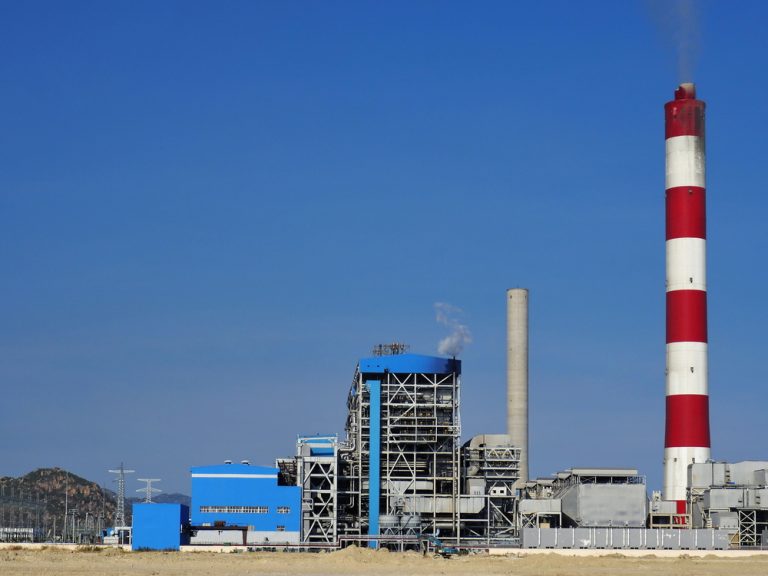Jakarta – Retiring all coal-based power plants (PLTU) in Indonesia by 2045 is a determining factor in achieving net-zero emissions (NZE) in 2050. Currently, the Indonesian government has made a strategy to gradually reduce the operation of PLTUs issuing maximum contracts of 30 years.
Secretary General of the Ministry of Energy and Mineral Resources (ESDM) Rida Mulyana said Monday (11/9), that the Presidential Decree 112/2022 will provide an attractive investment climate and provide incentives for renewable energy. He said this is a good momentum to boost the use of renewable energy in the midst of high fossil energy prices.
“(PLTU) capacity will increase until 2030 and after that there will be no new constructions, and the last PLTU will retire in 2058,” said Mulyana at the Indonesia Sustainable Energy Week (ISEW) 2022.
He said that in order to achieve net-zero emissions by 2060 or sooner according to the government’s target, the ministry also plans to build a supergrid to boost the development of renewable energy while maintaining electricity stability. This will open up opportunities to export electricity to other ASEAN countries, as well as connect to the ASEAN supergrid.
“To support and accelerate renewable energy, Indonesia needs USD 1 trillion by 2060 for the generation and transmission of renewable energy. The need for financing will be even greater in line with Indonesia’s plan to carry out early retirement of PLTU in the coming year,” said Mulyana.
Meanwhile, the Executive Director of the Institute for Essential Services Reform (IESR), Fabby Tumiwa, assessed that Indonesia needs to stop the operation of 9.2 GW coal-fired power plants and all PLTU units by 2045. According to him, the clause that mandates the Ministry of Energy and Mineral Resources to prepare a road map accelerating the termination of the PLTU operational period in Presidential Decree 112/2022 is a good first step. (Hartatik)















